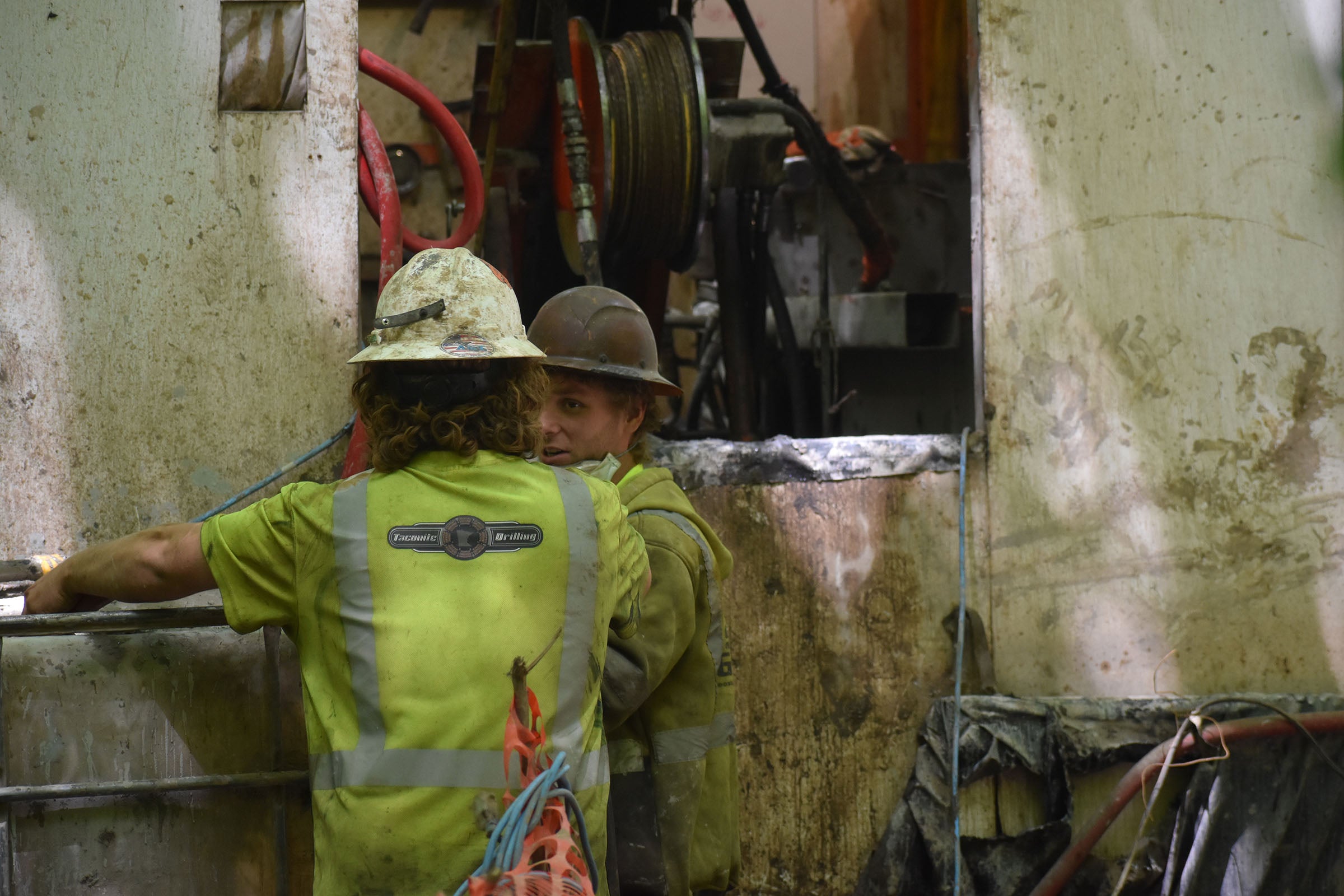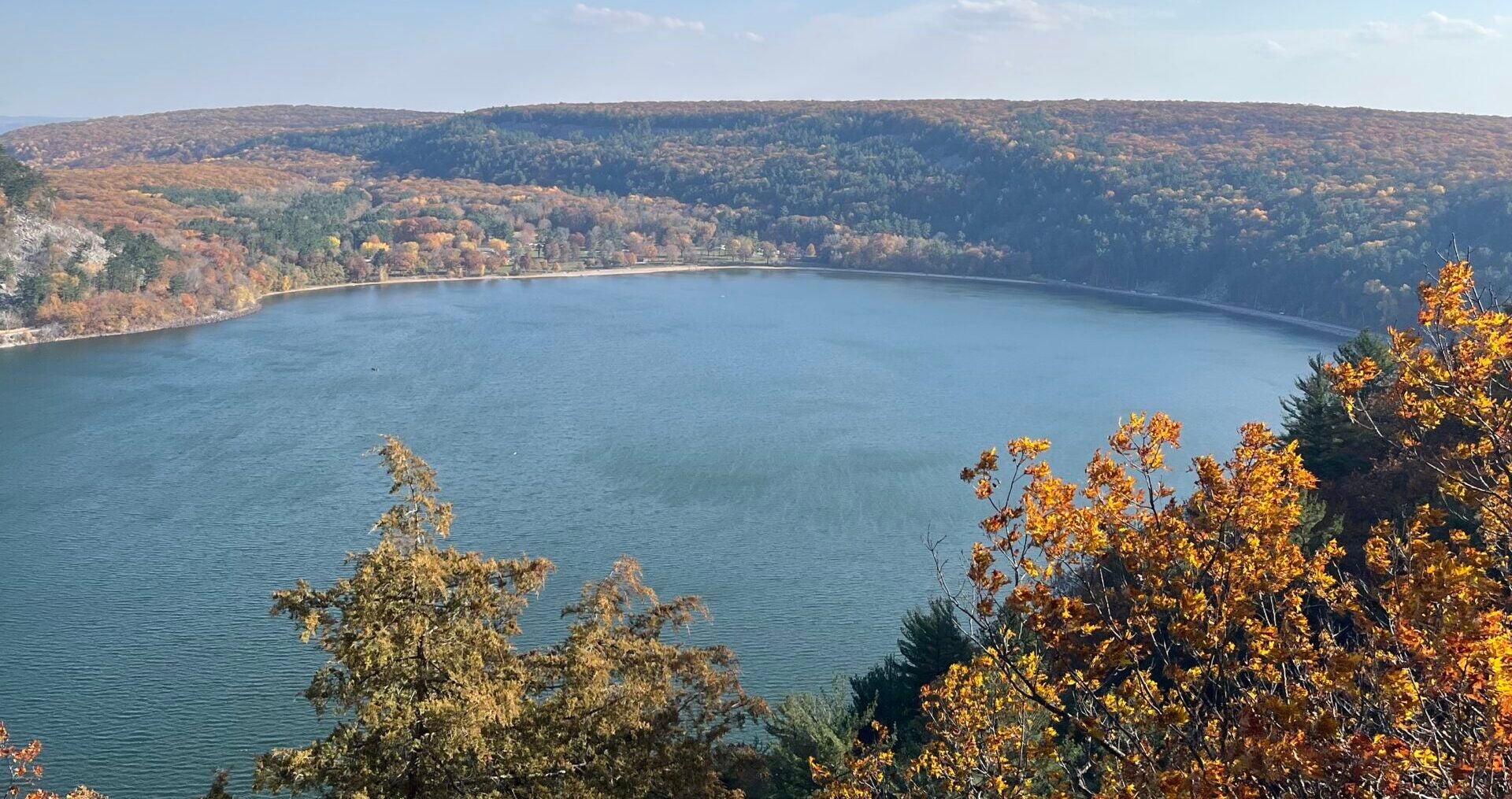Democratic state lawmakers opposed to last year’s changes to Wisconsin’s mining laws want additional protections against lakes being drained or damaged.
Mineral deposits can be found near or under bodies of water. If a mining company wants to drill, the state Department of Natural Resources has to assess whether there would be significant damage to waterways before issuing a permit.
State Rep. Dana Wachs, an Eau claire lawmaker and attorney, said the word “significant” could be considered what he calls a “wishy-washy” term in court.
News with a little more humanity
WPR’s “Wisconsin Today” newsletter keeps you connected to the state you love without feeling overwhelmed. No paywall. No agenda. No corporate filter.
“Is it possible now to drain a flowage, mine the lake bed, and then refill the flowage and argue about what is or isn’t of ‘significance?’” Wachs asks.
A bill — sponsored by Wachs, state Rep. Fred Clark of Baraboo and Rep. Stephen Smith of Shell Lake — would further protect all the bodies of water in the state.
Wachs said the Tiger Lake Flowage in Sawyer County was drilled for exploration during the 1960s and ’70s and could be again, in a more invasive way now that state mining regulations have changed.
“This is an area of high interest to the mining folks,” he said.
The author of last year’s mining law, Republican state Sen. Tom Tiffany of Hazelhurst, said changes proposed by Democrats are unnecessary.
“I think there’s a bit of throwing fear in people that, gosh, there may be mining on lakes and from lake beds,” Tiffany said, “and that’s just not going to happen.”
There are several bodies of water in the Penokee Hills near the proposed iron ore mine in northern Wisconsin. Clark said he isn’t sure if their proposed changes would impede the project, “but we are going to just lay down a very clear marker that the waters of this state are not for sale.”
Tiffany calls proposed changes to the mining law during an election year a political gambit to satisfy anti-mining constituents.
Wisconsin Public Radio, © Copyright 2025, Board of Regents of the University of Wisconsin System and Wisconsin Educational Communications Board.






